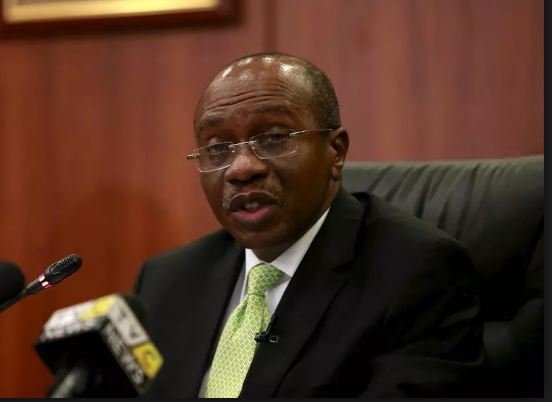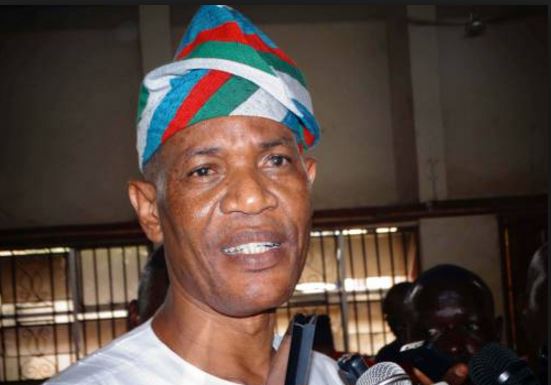 TVC N. Aggregate money outflow from the banking system in pursuit of investments in government securities floated by Central Bank of Nigeria, CBN, in September was N1.4 trillion, according to the apex bank’s data.
TVC N. Aggregate money outflow from the banking system in pursuit of investments in government securities floated by Central Bank of Nigeria, CBN, in September was N1.4 trillion, according to the apex bank’s data.
With inflows from government sector sources in the money market totaling NN1.13 trillion within the same period, the banking industry recorded a negative liquidity flow of N238 billion. Industry operators said the negative outflow figure indicated more money going into investments in government securities at the expense of creation of loans to the economy, especially the real sector, arguing that the downturn in the economy had made loans creation more risky and less attractive. According to them, CBN has also made investments in government securities more attractive with higher rates at zero risk.
This situation also pressured interest rates higher across all tenors and money market segments. Commenting on this development, analysts at FBN Capital Limited, a member of First Bank Group, stated: “CBN took out over N1.0 trillion through the various OMO (Open Market Operations) auctions with stop rates at 18 – 18.5 per cent. “This caused Open Buy Back, OBB, and Overnight Funds rates to fluctuate between 10 and 16 per cent for the most part of the month, while occasional spikes between 35 and 40 per cent were witnessed in times of tight liquidity”. The outflows represented cash deployed to Nigerian Treasury Bills, NTB, primary market offerings by CBN as well as the secondary market operations of same instrument through OMO, both totaling N1.265 trillion.
The balance N120 billion represented cash deployment to Federal Government Bond. On the other hand, the banking system recorded inflow of N1.13 trillion represented about N896 billion worth of maturing government instruments and Federation Account Allocation Committee, FAAC, inflow of N231 billion October, 2016 schedule of money flow through the same instruments and sources has, however, indicated a reversal to positive liquidity flow estimated at N386.6 billion at end of this month as money market operators say they expect a total inflow of about N954 billion to hit the system.
Already, available records show that N234.9 billion outflow was recorded in the first two weeks of this month while about N138.2 billion will exit the system this week and another N194.55 billion scheduled for exit next week, bringing expected total outflow to N567.4 billion by end of October, 2016.
In its forecast on October monetary operations, analysts at FSDH Merchant Bank Limited stated: “A total inflow of about N954 billion should hit the money market from the various maturing government securities and Federation Account Allocation Committee (FAAC) in the month of October 2016. “Our expected outflows from the various sources such as government securities and statutory withdrawals are estimated at N567 billion, leading to a net inflow of about N387 billion.”
On the overall implications of the monetary situation they stated: “The expected higher inflation rate in October 2016 may place upward pressure on yields and interest rates. “Factors that will influence yields on fixed income securities in October 2016, include “the higher inflationary expectations; the foreign exchange stability of the Naira against the U.S. Dollar; the contractionary monetary policy stance of the CBN and; the budget deficit financing of the Federal Government.”
Vanguard





